We have received a few queries about B-BBEE compliance and are looking at expanding our service offering. Director of Justine Del Monte & Associates Inc., Justine has joined forces with Sigi Prinsloo, who will be the firm’s go-to for B-BBEE compliance processes.
Sigi Prinsloo studied law (BComm LLB) at Stellenbosch University, and Bucerius Law School (Hamburg) and was admitted as an attorney of the High Court of South Africa in 2008. For the last 10 years, Sigi has practised in various capacities in the B-BBEE consulting Industry, focusing on developing strategies for businesses to reach their required B-BBEE level in the most meaningful yet cost-effective way. Prinsloo and her team serve any type or size of business- from family-owned businesses to listed companies, across all the industry sectors.
“Typically, we start with a GAP analysis, gauging the client’s current BEE status and identifying gaps. We then meet with the client to develop a strategy and offer solutions where needed to reach the required B-BBEE level. We also assist with the strategy implementation where needed, with the preparation of the files, and assistance throughout the verification process,” Prinsloo explains.
Some of their clients include Bedrock, TWK Agri, Chill Beverages International, Sanne Group, Kaap Agri, Graham Beck, York Timbers, Spier, Lona Group. We caught up with Prinsloo to shed some light on a few FAQs:
Must my business have a B-BBEE scorecard?
While B-BBEE compliance is not a legislative requirement, it will depend on the business and the industry the business operates in to determine whether it would need to get a B-BBEE certificate. Becoming compliant is quite time-consuming and requires time and money. Even if not required by your industry or clients, there can be other benefits to being B-BBEE compliant.
How does B-BBEE affect businesses in South Africa?
B-BBEE has significant implications for businesses operating in South Africa. Companies are encouraged to implement B-BBEE strategies and initiatives to improve their B-BBEE rating or scorecard. The scorecard evaluates various factors, such as ownership, management control, employment equity, skills development, preferential procurement, enterprise and supplier development, and socioeconomic contributions. Businesses with higher B-BBEE scores may have better access to government contracts and procurement opportunities.
What are the benefits of complying with B-BBEE?
a) Enhanced competitiveness: A good B-BBEE score can improve a company’s competitiveness in the South African market, as many government and private-sector entities prefer to do business with B-BBEE compliant companies, as their own B-BBEE score is affected by the score of their suppliers.
b) Access to government contracts: Companies with higher B-BBEE scores may have increased opportunities to secure government contracts and tenders, as public entities prioritise B-BBEE compliance in their procurement processes.
c) Improved brand reputation: Demonstrating commitment to B-BBEE can enhance a company’s brand reputation, both among consumers and potential partners or investors. It showcases the organisation’s dedication to promoting economic transformation and social equity.
d) Increased market opportunities: B-BBEE compliance can open doors to new market opportunities, partnerships, and networks, particularly with other B-BBEE-compliant companies or entities seeking to meet their own B-BBEE requirements.
It is important to note that specific benefits may vary depending on the industry, business size, and individual circumstances.
What is a good B-BBEE level to have?
As a rule, a level 4 is considered good. However, it really depends on the specific need for a certificate, and what the specific clients or industry requires.
For more information on how this service can benefit you, contact Justine Del Monte & Associates Inc. at 021 001 4400 or email admin@justinedelmonte.co.za.
We have received a few queries about B-BBEE compliance and are looking at expanding our service offering. Director of Justine Del Monte & Associates Inc., Justine has joined forces with Sigi Prinsloo, who will be the firm’s go-to for B-BBEE compliance processes.
Sigi Prinsloo studied law (BComm LLB) at Stellenbosch University, and Bucerius Law School (Hamburg) and was admitted as an attorney of the High Court of South Africa in 2008. For the last 10 years, Sigi has practised in various capacities in the B-BBEE consulting Industry, focusing on developing strategies for businesses to reach their required B-BBEE level in the most meaningful yet cost-effective way. Prinsloo and her team serve any type or size of business- from family-owned businesses to listed companies, across all the industry sectors.
“Typically, we start with a GAP analysis, gauging the client’s current BEE status and identifying gaps. We then meet with the client to develop a strategy and offer solutions where needed to reach the required B-BBEE level. We also assist with the strategy implementation where needed, with the preparation of the files, and assistance throughout the verification process,” Prinsloo explains.
Some of their clients include Bedrock, TWK Agri, Chill Beverages International, Sanne Group, Kaap Agri, Graham Beck, York Timbers, Spier, Lona Group. We caught up with Prinsloo to shed some light on a few FAQs:
Must my business have a B-BBEE scorecard?
While B-BBEE compliance is not a legislative requirement, it will depend on the business and the industry the business operates in to determine whether it would need to get a B-BBEE certificate. Becoming compliant is quite time-consuming and requires time and money. Even if not required by your industry or clients, there can be other benefits to being B-BBEE compliant.
How does B-BBEE affect businesses in South Africa?
B-BBEE has significant implications for businesses operating in South Africa. Companies are encouraged to implement B-BBEE strategies and initiatives to improve their B-BBEE rating or scorecard. The scorecard evaluates various factors, such as ownership, management control, employment equity, skills development, preferential procurement, enterprise and supplier development, and socioeconomic contributions. Businesses with higher B-BBEE scores may have better access to government contracts and procurement opportunities.
What are the benefits of complying with B-BBEE?
a) Enhanced competitiveness: A good B-BBEE score can improve a company’s competitiveness in the South African market, as many government and private-sector entities prefer to do business with B-BBEE compliant companies, as their own B-BBEE score is affected by the score of their suppliers.
b) Access to government contracts: Companies with higher B-BBEE scores may have increased opportunities to secure government contracts and tenders, as public entities prioritise B-BBEE compliance in their procurement processes.
c) Improved brand reputation: Demonstrating commitment to B-BBEE can enhance a company’s brand reputation, both among consumers and potential partners or investors. It showcases the organisation’s dedication to promoting economic transformation and social equity.
d) Increased market opportunities: B-BBEE compliance can open doors to new market opportunities, partnerships, and networks, particularly with other B-BBEE-compliant companies or entities seeking to meet their own B-BBEE requirements.
It is important to note that specific benefits may vary depending on the industry, business size, and individual circumstances.
What is a good B-BBEE level to have?
As a rule, a level 4 is considered good. However, it really depends on the specific need for a certificate, and what the specific clients or industry requires.
For more information on how this service can benefit you, contact Justine Del Monte & Associates Inc. at 021 001 4400 or email admin@justinedelmonte.co.za.


